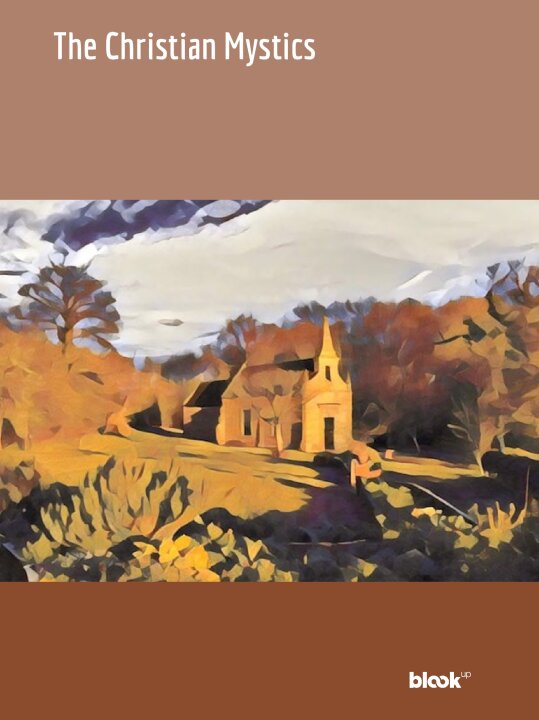Little Gidding etc etc
One thing I will be doing is continuing on with my latest Blook (a cross between a Blog and a book) Details of my various Blooks can be found on previous posts under some of my previous names here.
The Blook is "The Christian Mystics", many of them considered "Dharpma Friends" by Buddhists. The actual difference in experience between theists and non-theists is of interest to me.
Here is the Work in Progress cover of the Blook:-
WIP? Well, the colour, picture and title are all subject to change....😀
The current picture is the Church of Little Gidding, which is the name of the fourth quartet of T.S.Eliots "Four Quartets". Mr Eliot knew the Christian mystics well and I have always loved the last few lines.....
We shall not cease from exploration
And the end of all our exploring
Will be to arrive where we started
And know the place for the first time.
Through the unknown, remembered gate
When the last of earth left to discover
Is that which was the beginning;
At the source of the longest river
The voice of the hidden waterfall
And the children in the apple-tree
Not known, because not looked for
But heard, half-heard, in the stillness
Between two waves of the sea.
Quick now, here, now, always—
A condition of complete simplicity
(Costing not less than everything)
And all shall be well and
All manner of thing shall be well
When the tongues of flame are in-folded
Into the crowned knot of fire
And the fire and the rose are one.
The Blook is "The Christian Mystics", many of them considered "Dharpma Friends" by Buddhists. The actual difference in experience between theists and non-theists is of interest to me.
Here is the Work in Progress cover of the Blook:-
WIP? Well, the colour, picture and title are all subject to change....😀
The current picture is the Church of Little Gidding, which is the name of the fourth quartet of T.S.Eliots "Four Quartets". Mr Eliot knew the Christian mystics well and I have always loved the last few lines.....
We shall not cease from exploration
And the end of all our exploring
Will be to arrive where we started
And know the place for the first time.
Through the unknown, remembered gate
When the last of earth left to discover
Is that which was the beginning;
At the source of the longest river
The voice of the hidden waterfall
And the children in the apple-tree
Not known, because not looked for
But heard, half-heard, in the stillness
Between two waves of the sea.
Quick now, here, now, always—
A condition of complete simplicity
(Costing not less than everything)
And all shall be well and
All manner of thing shall be well
When the tongues of flame are in-folded
Into the crowned knot of fire
And the fire and the rose are one.


